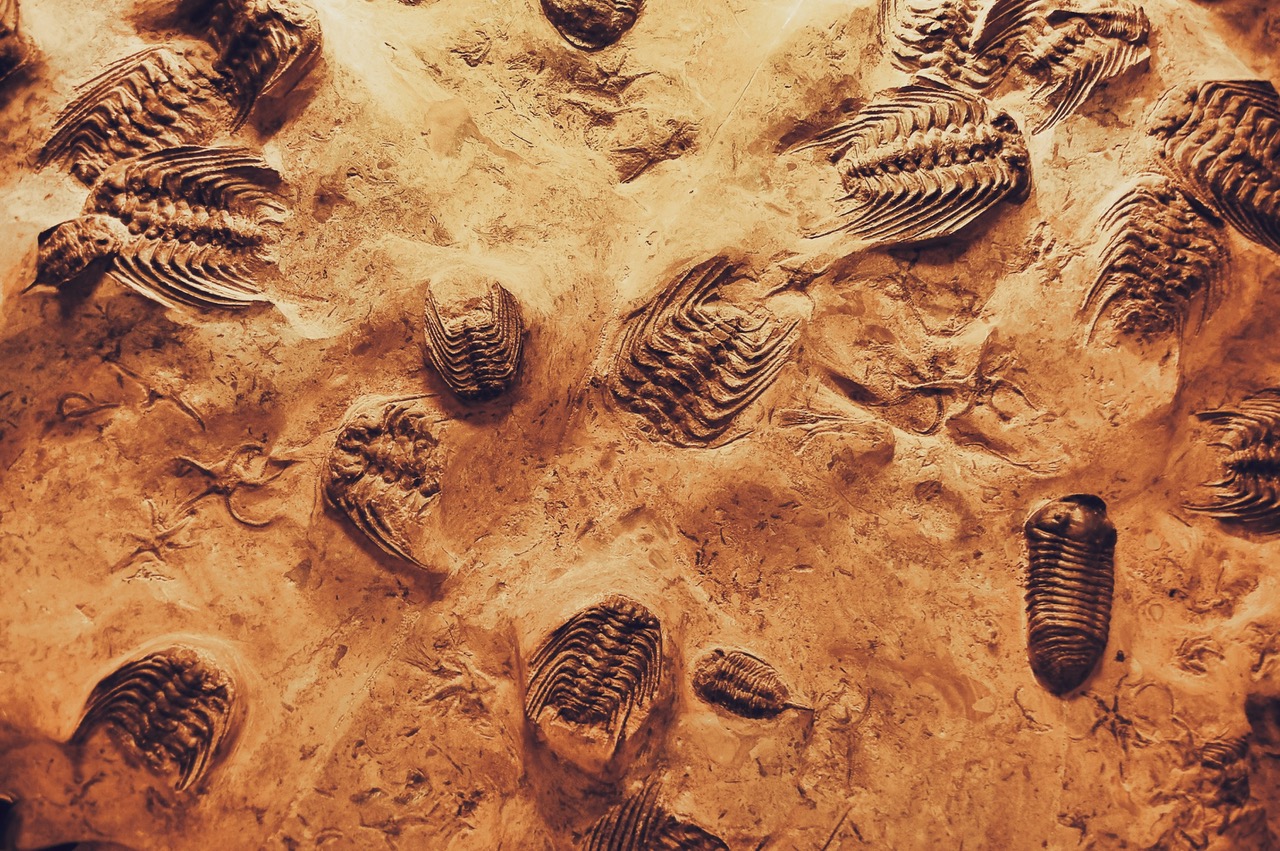

Multicellular organisms reveal amazing finesse in their structures, functions and ecology.
Amazing as we find individual living cells to be, entire many-celled organisms are even more spectacular. Not only are whole organisms beautifully designed for their lifestyles (ecological relationships), but the choice of body plans is very particular. While there is lots of variation on a certain theme (body plan), upon closer examination, we find that only certain body plans occur. There are huge gaps in possible body plans between sets of chosen features in one group and a different set in another group. In Mollusks, for example, there are octopus-like creatures (called brainy feet, for short, or cephalopods), bivalves (clam types), and snail types (called mouth feet, for short, or gastropods). These all exhibit soft tissue from which we get the name Mollusk, but there is nothing in between these three very different expressions on the soft tissue theme. This situation clearly indicates that God made choices in the design of living creatures. An evolutionary process which would have filled in the gaps, was clearly not utilized.
Moving past an appreciation of diversity and organization among living forms, we find the details of their existence (ecology) even more amazing. Should we ask questions about the origins of all these creatures, we find sudden appearance, not gradual change revealed in the fossil record. Indeed geology also provides interesting clues to Earth’s past and our creation.
The bottom line is that all nature displays the wonder and majesty and character of God through the things that He has made. Since nature has been designed and created by a rational, and not capricious God, we understand that nature can be studied and that we can learn much from it. Moreover, since God chose what and how to create the universe, we understand that we have to study the actual results of God’s creative acts. What nature reveals, is contingent on what God did. Lastly, because we have fallen minds, we understand that we must be cautious about our speculations, checking everything with continued observations, and consultations with others.
Browse terms using the list to the right >
Terms
- Alternation of Generations
- Alternation of Hosts
- Biosphere
- Blueprint
- Body Plans
- Burgess Shale
- Cambrian Explosion
- Chemical Elements
- Circadian Rhythms
- Darwin’s Finches
- Dinosaurs
- Divergence
- Diversity
- Elements
- Embryos
- Energy
- Evo-Devo
- Extinct Alberta Creatures
- Flowering Plant Explosion
- Fossil
- Fossil Record
- Geological Column
- Homology
- Land Plants
- Living Fossils
- LUCA (Last Universal Common Ancestor)
- Molecular Clock
- Peppered Moths
- Photosynthesis
- Radiometric Dating
- Record in Sedimentary Rock
- Rock Record
- Sedimentary Rock
- Strategies for your Survival
- Sudden Appearance
- Transposable Element (TE)
- Tree of Life (Phylogeny)
